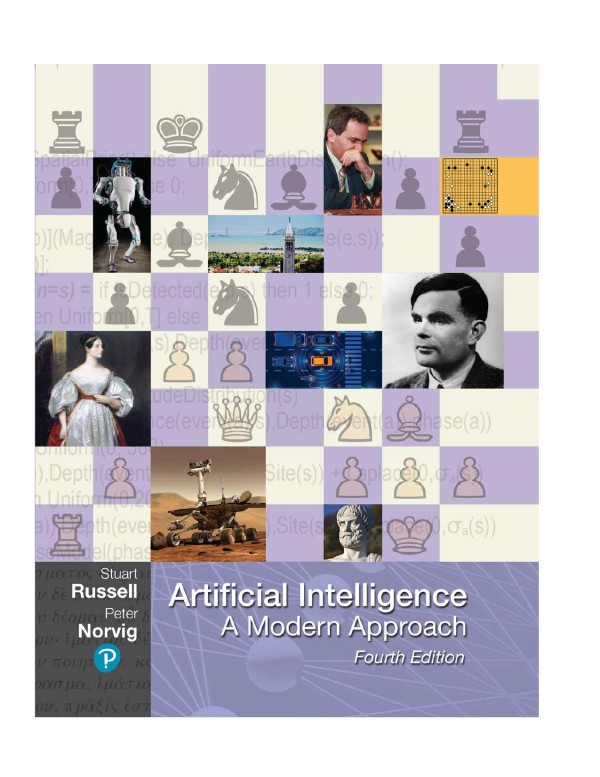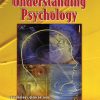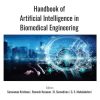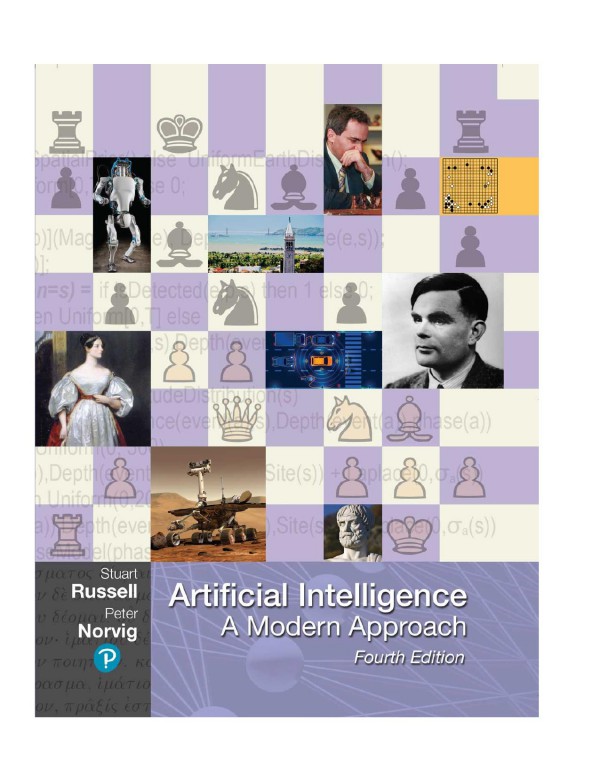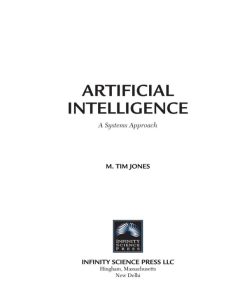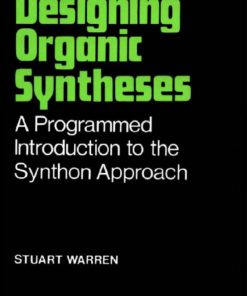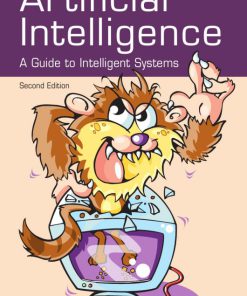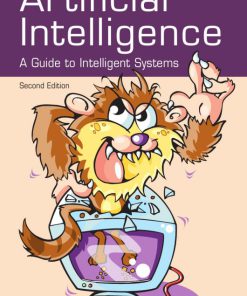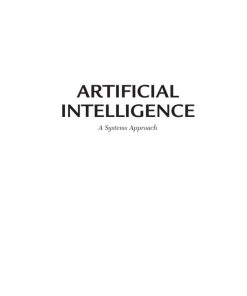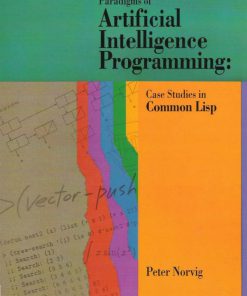Artificial Intelligence A Modern Approach 4th edition by Stuart Russell, Peter Norvig 9780134671932 0134671937
Original price was: $50.00.$25.00Current price is: $25.00.
Authors:Stuart Russell; Peter Norvig , Series:Mechatronics Engineering [85] , Tags:Engineering / Communication Technology / Computers Science; Artificial Intelligence , Author sort:Russell, Stuart & Norvig, Peter , Ids:9781292401171 , Languages:Languages:eng , Published:Published:Apr 2021 , Publisher:Pearson Higher Ed , Comments:Comments:Explore the ever-expanding, fascinating field of Artificial Intelligence and its latest technologies with this industry-leading text. Artificial Intelligence: A Modern Approach, Global Edition, 4th Edition by Stuart Russel and Peter Norvigis the long-anticipated revision of this market-leading text, exploring the full breadth and depth of the field of Artificial Intelligence (AI). From robotic planetary explorers to online services with billions of users, the textbook covers a wide range of applications, delving into the advanced methods of reasoning, deep learning, perception and mathematics. Thoroughly updated and with new content, this latest edition brings you up to date on the latest technological advancements in the field, presenting concepts in a more unified manner. Some of the changes in the content include: Content that focuses deeper on machine learning rather than the hand-crafted knowledge of engineering. An updated, thorough discussion emphasises deep learning, probabilistic programming, and multi-agent systems. Extensive updates on the Robotics chapter now include content regarding the interaction of robots with humans. A new online site now includes all the exercises for this edition, allowing the team of authors to update and improve them continuously. Besides studying the methods and technologies, this edition also considers the ethical aspects and values of practicing the discipline. Fairness, integrity, respect, and social good, provide a fundamental framework to the learning process in this edition, studying the impact of AI on society. With a plethora of topics, exercises, and practical applications, this leading text is the must-read edition of this field, offering a deeper understanding and a multi-faceted approach to this expanding subject.

